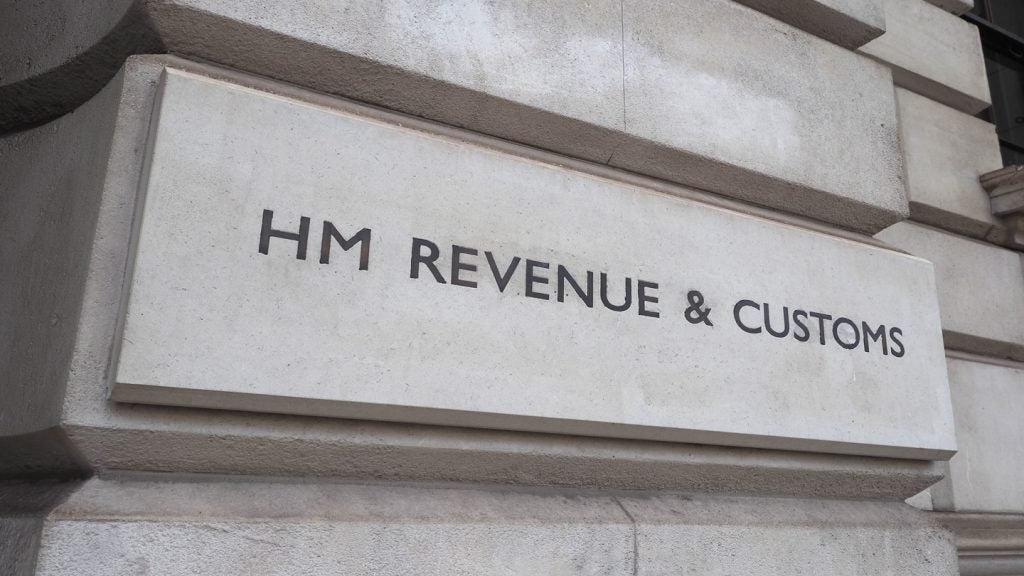Accounting organisations have joined in a coalition with partners form finance, science and the public sector to integrate climate risk into the financial system.
The coalition is one of a series of new initiatives and partnerships announced by United Nations secretary general Ban Ki Moon at the New York Climate Summit to mobilise climate finance and promote action in cities, forests, farms and industry.

Access deeper industry intelligence
Experience unmatched clarity with a single platform that combines unique data, AI, and human expertise.
The core commitment of the coalition is to invest and pilot the application of ‘1-in-100 year climate risk stress test’ across banking and securities regulation.
"The genesis of this is that the insurance industry has since the 90s been building systems to stress test their concentration of risk and they do that through what they call a 1 in 200 years event, so the likelihood of an event happening once in 200 years," PwC global leader sustainability and climate change Malcolm Preston said.
The insurance community has now agreed to make some of their risk modelling publicly available, and the coalition will be working hand in hand with the insurance industry to model the 1-in-100 year stress test for the financial sector.
"The basic theory is that you can’t use the past as a predictor of the future anymore," Preston explained. "So you need to use scientific based models to test weather related events in the future, in other words to take scientific work that builds into climate predicting models."

US Tariffs are shifting - will you react or anticipate?
Don’t let policy changes catch you off guard. Stay proactive with real-time data and expert analysis.
By GlobalDataThe idea behind this thinking is that without looking at this type of information, infrastructure is being build which isn’t disaster resilient and therefore at risk. "So when you look at the value of your asset it is actually not what you think it is because of the increased likelihood of disasters," Preston said.
While the coalition will focus on infrastructure and the supply chain in their work, Preston pointed out that as a model the stress test will then be used for the whole of a business.
The first step for the coalition will be to demonstrate that such modelling technics used by the insurance industry can be adapted into stress tests for the valuation of assets.
The coalition will work within a governance structure within the UN and brings together stakeholders from various sectors: science, insurance, regulators, the UN.
"Some national government say they want to support the initiative but they haven’t gone public yet," Preston said. "First thing is to get all those people into a room and have a number of days of brainstorming, so that everyone understand what everyone has got and from there decide the work program and who is going to do what."
Just to prove that efficient stress tests can be designed and used could take up to 12 months, Preston estimated. The coalition aims to report back at the United Nations Climate Change Conference (COP21) held in Paris in November and December of 2015.
"Once we’ve proved it can be done there will be a massive discussion on how we are going to adopt it," Preston said. "And then talk to the accounting regulators on how we take it from there."
The coalition includes the following partners:
Carbon Disclosure Project
Future Earth – International Council for Science
International Cooperative & Mutual Insurance Federation
International Insurance Society
PwC
Prince’s Accounting for Sustainability Project
Standard & Poor’s ratings Services
United Nations Office for Disaster Risk Reduction
Willis Group






